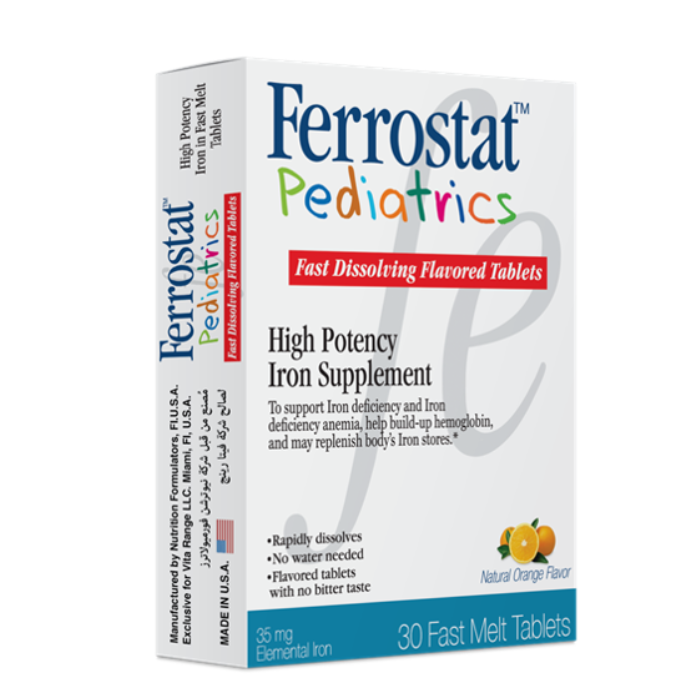benefits and uses of calcium tablets a comprehensive guide
Exploring the Benefits and Uses of Calcium Tablets
Sep 13, 2023, 5:00:08 AM

Calcium is more than just a fundamental building block for strong bones and teeth; it plays a multifaceted role in maintaining our overall health. As we delve into the topic of calcium tablets in this article, we'll unravel the diverse benefits and applications of this essential mineral supplement. From promoting bone health to aiding in muscle function and beyond, calcium tablets have a range of uses that impact our daily lives. Join us on this exploration of the significance of calcium supplementation, offering insights to help you optimize your health and well-being.
The Role of Calcium in the Body

Calcium is often referred to as the "building block" mineral and for a good reason. Beyond its well-known association with strong bones and teeth, calcium serves a multitude of critical functions throughout the body. Here, we'll delve into the various roles calcium plays in maintaining our overall health and well-being.
1. Skeletal Health:
Bone Strength: The majority of the body's calcium is stored in bones and teeth, providing them with structural integrity.
Bone Formation: Calcium is essential for the formation of new bone tissue. It supports the growth and development of bones during childhood and adolescence.
2. Muscle Function:
Muscle Contraction: Calcium is a key player in muscle contraction. When a nerve signals a muscle to contract, calcium ions are released within the muscle cells, allowing them to contract effectively. This process is vital for all types of muscle movement, from a simple smile to athletic performance.
3. Nerve Transmission:
Nervous System Function: Calcium helps transmit signals along nerves, allowing for the proper functioning of the nervous system. It aids in the release of neurotransmitters, which are essential for communication between nerve cells.
4. Blood Clotting:
Clot Formation: Calcium is a critical component in the blood clotting process. When a blood vessel is injured, calcium ions initiate a cascade of reactions that result in the formation of a blood clot, preventing excessive bleeding.
5. Cellular Function:
Cell Signaling: Calcium plays a role in cell signaling, influencing various cellular processes such as gene expression, enzyme activation, and cell division. It acts as a secondary messenger, relaying important signals within cells.
6. Heart Health:
Cardiac Muscle Contractions: The heart is a specialized muscle, and calcium is essential for its rhythmic contractions. Proper calcium levels in cardiac muscle cells are critical for maintaining a regular heartbeat.
7. Blood Pressure Regulation:
Vasodilation and Vasoconstriction: Calcium helps regulate blood pressure by influencing the contraction and relaxation of blood vessel walls. It plays a role in maintaining the appropriate tension in blood vessel muscles.
8. Hormone Secretion:
Hormone Release: Calcium is involved in the release of hormones from various glands, including the parathyroid glands, which help regulate calcium levels in the blood.
9. Immune Function:
Immune Response: Adequate calcium levels are necessary for immune cells to function effectively, contributing to the body's defense against infections and diseases.
Common Sources of Calcium

Meeting your daily calcium needs is essential for maintaining strong bones, a healthy heart, and overall well-being. While calcium supplements can be a valuable addition, it's equally important to include natural dietary sources of calcium in your daily meals. Here are some common sources of calcium:
1. Dairy Products:
Milk: Cow's milk is a well-known source of calcium. It's available in various forms, including whole milk, skim milk, and reduced-fat options.
Cheese: Cheese varieties like cheddar, mozzarella, and Swiss are rich in calcium.
Yogurt: Yogurt, whether regular or Greek, is a calcium-rich dairy product. It also contains probiotics, which can benefit gut health.
2. Leafy Greens:
Kale: Kale is a powerhouse of nutrients, including calcium. It's an excellent choice for those seeking non-dairy sources.
Collard Greens: These leafy greens are not only delicious but also packed with calcium.
Spinach: Spinach is another leafy green that offers a good amount of calcium, though it also contains compounds that can inhibit calcium absorption. Cooking or steaming spinach can help mitigate this effect.
3. Fortified Foods:
Fortified Plant-Based Milk: Many plant-based milk alternatives, such as almond milk, soy milk, and oat milk, are fortified with calcium to provide a dairy-free option for calcium intake.
Fortified Cereals: Some breakfast cereals are fortified with calcium, making them a convenient source of the mineral.
4. Tofu and Tempeh:
Tofu: Tofu, made from soybeans, is a versatile source of calcium. It can be used in both savory and sweet dishes.
Tempeh: Tempeh, another soy-based product, is not only a source of calcium but also a good protein source.
5. Nuts and Seeds:
Almonds: Almonds are among the nuts richest in calcium. They are a healthy and satisfying snack option.
Chia Seeds: Chia seeds are a nutritious addition to smoothies, yogurt, or oatmeal and contain a decent amount of calcium.
6. Fish with Edible Bones:
Canned Salmon: Canned salmon includes soft, edible bones that are an excellent source of calcium.
7. Fortified Orange Juice:
Some brands of orange juice are fortified with calcium, providing a tasty way to boost your intake.
8. Beans and Legumes:
Soybeans: In addition to tofu and tempeh, soybeans themselves are a good source of calcium.
White Beans: White beans, including navy beans and Great Northern beans, are high in calcium.
9. Broccoli:
This cruciferous vegetable contains a significant amount of calcium, making it a valuable addition to a calcium-rich diet.
10. Figs:
Dried figs are a portable and nutritious snack that provides calcium.
11. Sesame Seeds:
These tiny seeds can be sprinkled on salads, used in cooking, or made into tahini, a paste often used in hummus.
Benefits of Calcium Tablets

Calcium tablets, when used appropriately and as part of a balanced diet, offer several benefits that contribute to your overall health and well-being. Here are some of the key advantages of incorporating calcium tablets into your daily routine:
1. Strong and Healthy Bones:
Calcium is primarily known for its role in promoting strong bones and teeth. Adequate calcium intake, either through diet or supplements, helps maintain bone density and reduces the risk of osteoporosis, especially in postmenopausal women and older adults.
2. Dental Health:
Calcium is vital for the health of your teeth, as it contributes to the formation and maintenance of enamel, the protective outer layer of your teeth. Ensuring an adequate calcium intake can help prevent tooth decay and maintain oral health.
3. Muscle Function:
Calcium plays a crucial role in muscle contraction. Adequate calcium levels in muscle cells are essential for smooth and coordinated muscle movements. This benefit extends to both voluntary muscles (e.g., those you use for physical activity) and involuntary muscles (e.g., those responsible for heartbeat and digestion).
4. Nerve Function:
Calcium is essential for transmitting nerve signals throughout your body. It helps nerve cells communicate with each other and with muscles, enabling the proper functioning of your nervous system.
5. Blood Clotting:
Calcium is a critical component in the blood clotting process. It facilitates the formation of blood clots at the site of an injury, preventing excessive bleeding.
6. Cardiovascular Health:
Some studies suggest that calcium supplementation may have a modest benefit in reducing blood pressure, which can contribute to better cardiovascular health. However, this effect is generally seen in individuals with low dietary calcium intake.
7. Preventing Calcium Deficiency:
Calcium tablets are a convenient and reliable way to ensure you meet your daily calcium requirements, especially if your diet falls short of providing adequate calcium.
8. Managing Calcium Absorption Issues:
Certain medical conditions, medications, or dietary preferences can hinder calcium absorption. Calcium tablets can help individuals with absorption issues meet their calcium needs more effectively.
9. Convenience and Consistency:
Calcium tablets provide a consistent and measured dosage of calcium, making it easier to track your intake accurately.
10. Dietary Flexibility:
For individuals with dietary restrictions, such as lactose intolerance or a vegan diet, calcium tablets can serve as a valuable supplement to maintain adequate calcium levels.
Conclusion
Choosing the right calcium tablets is a crucial step in maintaining bone health and overall well-being. By considering your individual needs, checking for absorbability, and consulting with a healthcare provider, you can make an informed decision that supports your calcium requirements and contributes to your long-term health. Remember that calcium supplements should complement a balanced diet and be used responsibly to optimize their benefits.
LATEST BLOG POSTS
RECOMMENDED PRODUCTS
Radiant Platinum Cranberry with Vitamin C, Urinary Tract & Immune Support Supplement - 90 Capsules
(8)
IN 30 mins
AED 76.13
152.25







